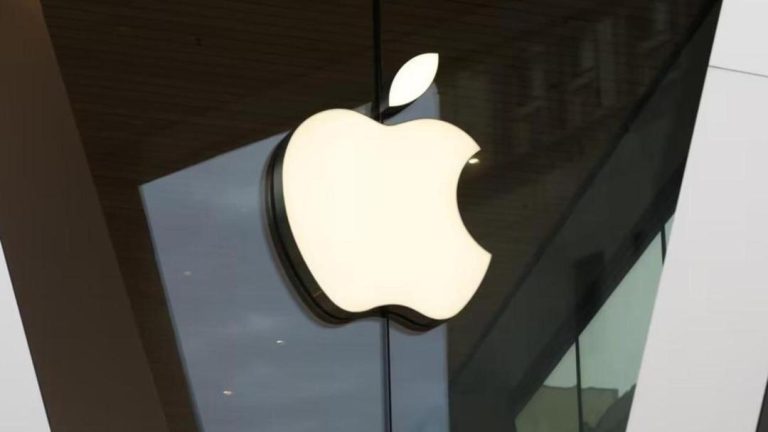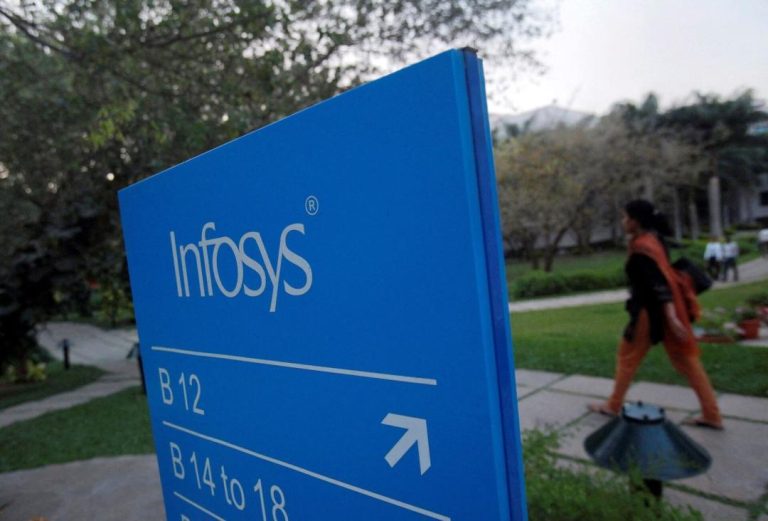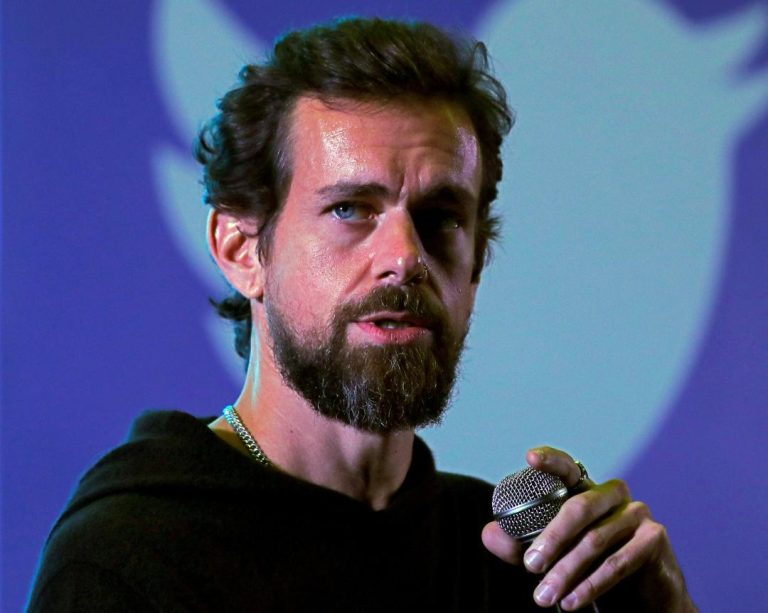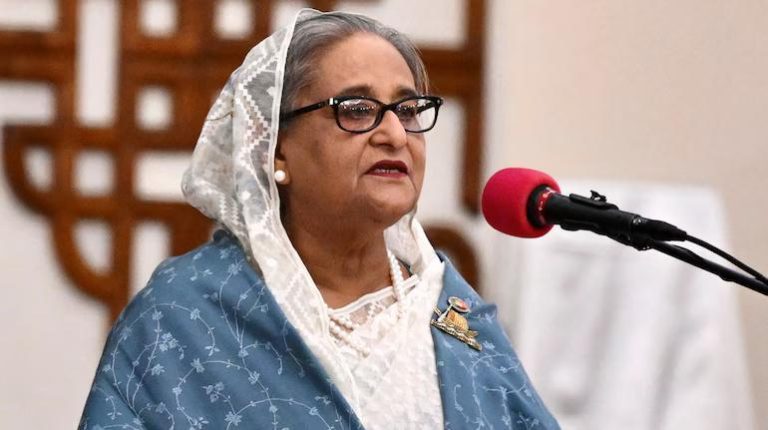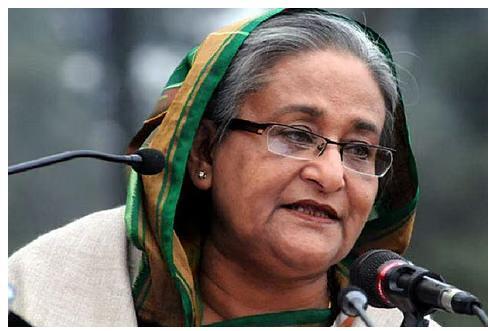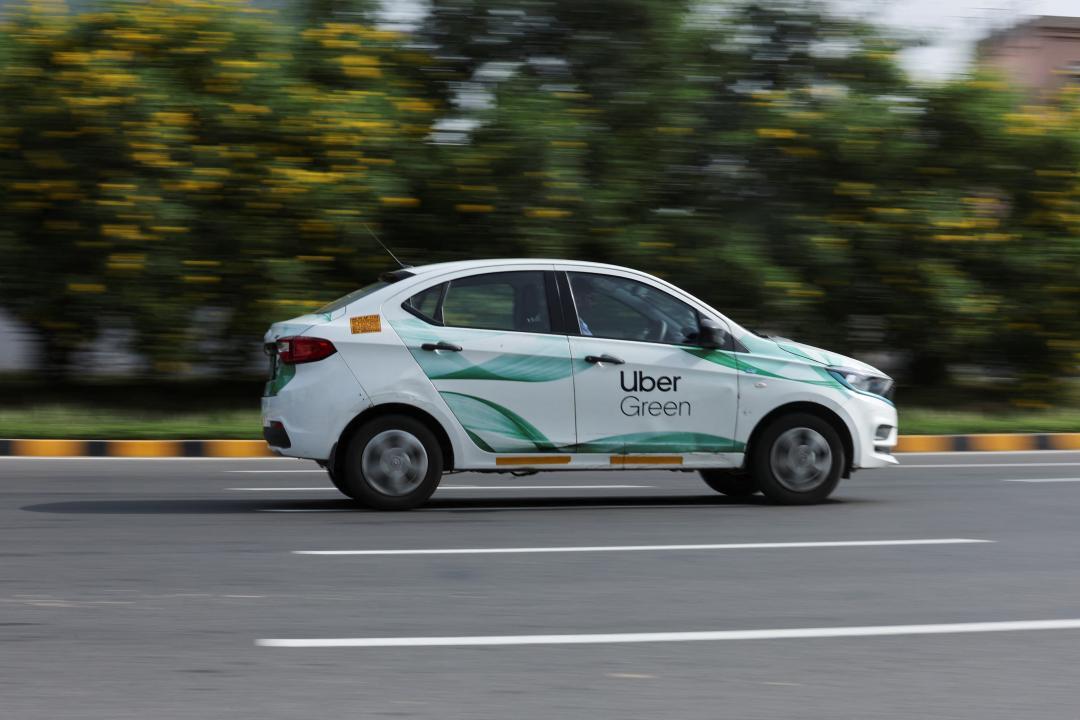
Why are Ola, Uber & Rapido drivers on indefinite strike in Mumbai?
Mumbai, the financial capital of India, has been plagued by a transportation crisis in recent days. The city’s residents are facing longer wait times and fewer cabs on the road due to an indefinite strike by drivers of popular ride-hailing services Ola, Uber, and Rapido. The strike, which began on a chaotic note, has left commuters struggling to find a ride to their destinations.
So, what’s behind this sudden strike? According to the drivers, the real issue lies in the unsustainable earnings they receive after deducting aggregator commissions and fuel expenses. The drivers claim that their actual income falls to a paltry ₹8-12 per kilometre, making it difficult for them to sustain their livelihood amidst rising fuel and maintenance expenses.
In an interview with NDTV, one of the striking drivers, Rohan Waghmare, said, “We are not asking for the moon. We just want a fair share of the earnings. The commissions are too high, and we are left with nothing.” Waghmare, who has been driving for Ola for the past three years, added that it’s becoming increasingly difficult to make ends meet. “My daily expenses, including fuel, maintenance, and food, come up to around ₹5,000. But after deducting 20-30% as commission, I’m left with hardly ₹2,000. It’s not sustainable.”
Another driver, who wished to remain anonymous, echoed Waghmare’s concerns. “We are not just fighting for ourselves; we are fighting for the future of the industry. If we don’t get a fair deal, more and more drivers will be forced to quit, leaving the industry in shambles.”
The strike, which began on a Sunday, has received widespread support from drivers across the city. Many have taken to social media to express their solidarity with the striking drivers, using hashtags like #JusticeForDrivers and #FairShare.
The ride-hailing companies, however, have refused to budge. In a statement, Ola said, “We understand the concerns of our driver-partners and are committed to working with them to find a solution. However, we cannot comment on the specifics of the strike as it’s an internal matter.”
Uber and Rapido have also issued similar statements, reiterating their commitment to supporting their driver-partners while maintaining that the strike is not a company-wide issue.
While the strike may seem like a local issue, it has far-reaching implications for the gig economy and the transportation sector as a whole. The strike highlights the need for more transparency and fairness in the way ride-hailing companies operate.
In recent years, the gig economy has experienced rapid growth, with ride-hailing services becoming an essential part of urban life. However, the boom has also led to concerns about worker exploitation, with many drivers struggling to make a living wage.
The strike in Mumbai is a wake-up call for the industry, and it’s high time that ride-hailing companies start listening to the concerns of their drivers. A fair share of the earnings is not a luxury, but a necessity for the survival of the industry.
The strike, which has already entered its third day, shows no signs of subsiding. As the situation unfolds, it’s clear that the drivers are determined to fight for their rights and demand a fair deal. The future of the ride-hailing industry in India hangs in the balance, and it’s crucial that the companies take the concerns of their drivers seriously.
